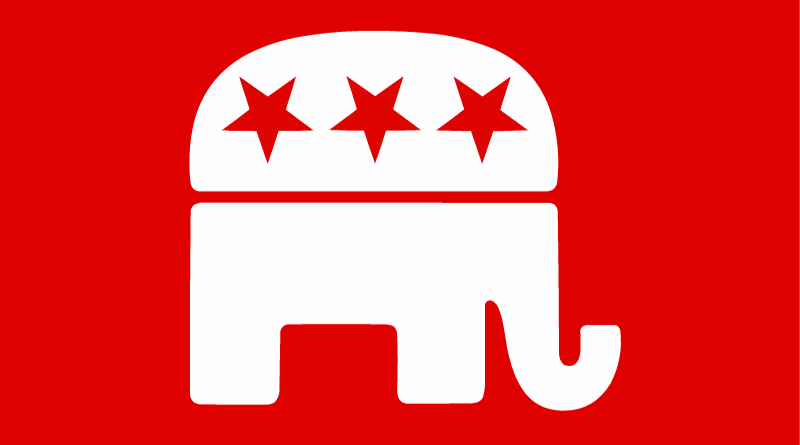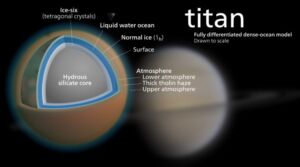
The Republican Party, often referred to as the GOP (Grand Old Party), is one of the two major political parties in the United States. With a rich history dating back to the mid-19th century, the Republican Party has played a significant role in shaping the nation’s political landscape. In this comprehensive guide, we will delve into the history, ideology, and influence of the Republican Party, providing a detailed understanding of its evolution and impact on American politics.
I. The Origins of the Republican Party
The Republican Party was founded on the principles of opposition to the expansion of slavery into new U.S. territories. It emerged in the mid-1850s as a response to the controversial Kansas-Nebraska Act and quickly gained traction as an anti-slavery party. Abraham Lincoln, the first Republican president, was elected in 1860, marking a pivotal moment in U.S. history.
II. Core Ideology of the Republican Party
- Limited Government: Republicans traditionally advocate for smaller government, lower taxes, and reduced government intervention in the economy. They emphasize personal liberty and free-market principles.
- Strong National Defense: The GOP has a strong stance on national security and a robust military. They prioritize a well-funded and well-equipped armed forces.
- Conservative Values: Social conservatism is a prominent aspect of Republican ideology, with the party often opposing abortion, same-sex marriage, and advocating for traditional family values.
- Fiscal Responsibility: Republicans stress fiscal responsibility and reducing government spending. They seek to balance budgets and address the national debt.
- States’ Rights: The GOP supports states’ rights and autonomy, arguing that many policy decisions should be made at the state level rather than by the federal government.
III. Historical Moments in Republican Party History
- Emancipation Proclamation (1863): President Abraham Lincoln issued the Emancipation Proclamation, declaring that all slaves in Confederate territory were to be set free. This marked a significant step towards the abolition of slavery.
- The Progressive Era: In the early 20th century, Republican leaders such as Theodore Roosevelt embraced progressivism, advocating for social and economic reforms, including trust-busting and conservation efforts.
- Reaganomics (1980s): President Ronald Reagan implemented a series of economic policies known as “Reaganomics,” which focused on reducing taxes, deregulation, and stimulating economic growth.
- Contract with America (1994): Led by Newt Gingrich, Republicans unveiled the “Contract with America,” a set of policy proposals aimed at reducing government, reforming welfare, and promoting conservative values.
IV. The Republican Party in Contemporary Politics
- Presidential Elections: The Republican Party has produced prominent presidential candidates, including George W. Bush, John McCain, Mitt Romney, and Donald Trump. Their policies and campaigns have had a significant impact on U.S. politics.
- Congressional Power: The GOP has maintained a strong presence in Congress, often controlling one or both chambers. This has allowed them to influence legislation and shape public policy.
- Conservative Movement: The party has been a driving force behind the conservative movement in the United States, advocating for limited government, conservative values, and a strong national defense.
V. Challenges and Future Outlook
The Republican Party faces various challenges, including internal divisions, demographic shifts, and changing political dynamics. As the nation evolves, the party must adapt to remain relevant and competitive in national elections.
The Republican Party has played a pivotal role in shaping American politics for over a century and a half. With a diverse history, a range of ideologies, and a significant influence on policy, it continues to be a major force in the U.S. political landscape. Understanding its origins, core principles, and historical moments is essential for anyone interested in American politics, as the GOP’s impact extends far beyond its party lines.
As the political landscape evolves, the Republican Party’s ability to adapt and address the challenges of the future will determine its continued influence on the course of the United States. Whether you align with its principles or not, the Republican Party remains a fundamental part of the nation’s democratic system.



